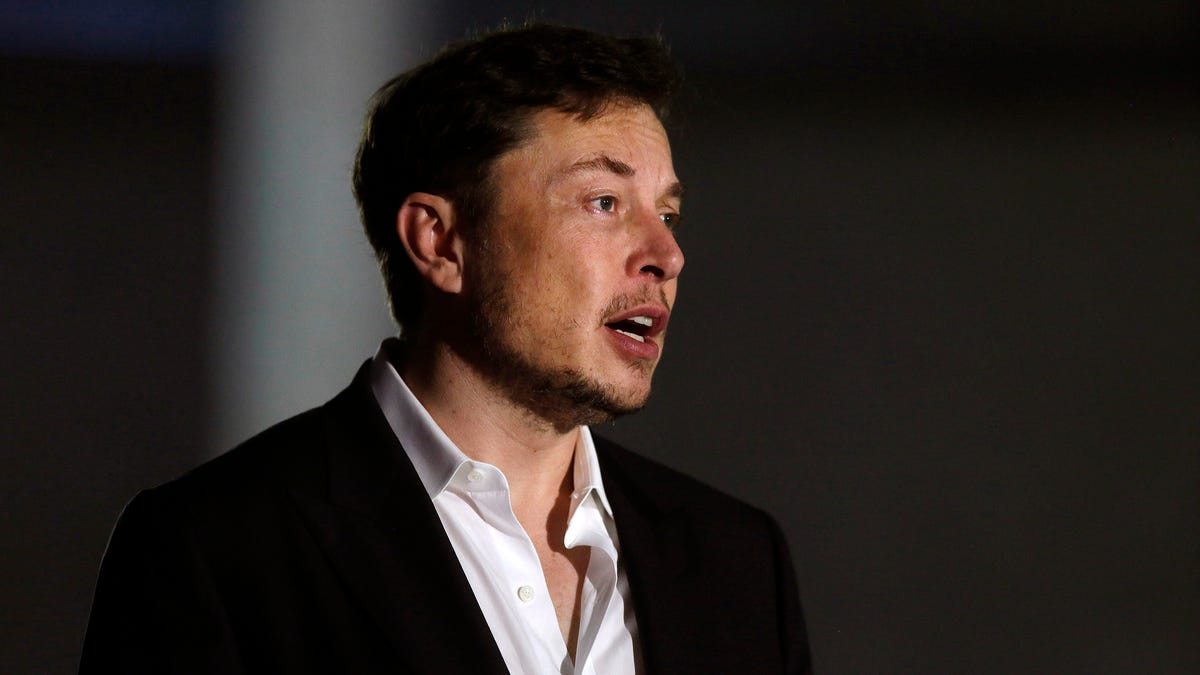Tesla board says Musk started going-private talks last week
So no, he didn't just wake up and decide to take the company private yesterday.
Tuesday, Twitter and most of the rest of the internet freaked out over news that Elon Musk wanted to take Tesla private at $420 per share. Today, we received some confirmation that it wasn't a spur-of-the-moment thing.
Several members of Tesla's board issued a joint statement on the company's investor-relations site. The statement says that Elon started discussing taking the company private with the board last week. The talks covered both the reasons for doing so -- which Musk also laid out in an email to employees that was subsequently posted online -- as well as the funding. That last part is important, because Tesla's going to need a lot of it.
At Elon's target buyout price of $420 per share, that would put the company's outstanding share value at somewhere around $69 billion -- two numbers that, given Elon's taste in jokes, are probably very intentional. Of course, going private probably won't require anywhere near that much money, based on how Musk wants it all to go down.
According to his email to employees, the company will allow its current public shareholders to become private shareholders if they choose against a buyout. That will certainly drop the price of going private, as will the fact that Musk himself owns about 20 percent of Tesla, a number he sees as staying firm after the company is no longer public. Private shareholders will have the option to buy in or out once every six months or so, the email says.
Musk has some sensible reasons for going private. For one, the company wouldn't have to place its focus on quarterly earnings reports, freeing up some longer-term decisions that might have been shelved because of how they'd reflect on the short-term bottom line. The company would also rid itself of the "shorts" that have plagued Elon on Twitter and elsewhere -- investors who bet against the company's success in order to profit themselves.


